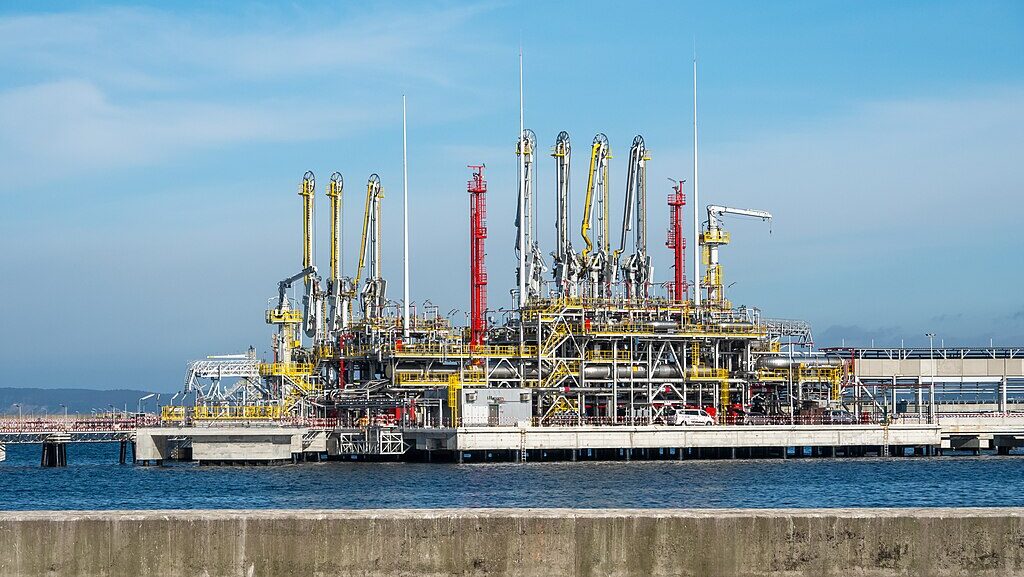Qatari energy minister Saad Al-Kaabi warned the European Union on Thursday, October 16th, that it may no longer be able to conduct business with the EU or supply liquefied natural gas (LNG) unless the bloc makes further changes to its strict sustainability regulations. The EU desperately needs help to fill the continent’s energy gap, something that LNG supplies are now crucial to.
QatarEnergy, the state-owned company and one of the world’s largest exporters of LNG, has argued that the EU’s Corporate Sustainability Due Diligence Directive (CSDDD), adopted in 2024, poses a serious risk to the country’s ability to operate within the bloc. The CSDDD contains many regulations that are ideology-based, such as having a climate-friendly and sustainable supply chain. For energy companies, this is an unrealistic request since anything non-renewable could fall foul of the EU’s demands. Further human rights directives and climate goals are included that are more motivated by mainstream politics than actual market realities.
Kaabi, who is also the CEO of QatarEnergy, expressed concern about the potential for fines of up to 5% of global revenues for companies that fail to align their climate transition plans with the Paris Agreement’s goal of limiting global temperature rise to 1.5 degrees Celsius. The extortionate fines do not motivate foreign investors to harmonize their companies with EU regulations. The energy minister admitted that the EU was discussing easing some points in the CSDDD document, but it never reached a conclusion and only planned slight changes.
“We have been trying to engage constructively with key players in both the European Commission as well as every EU member state for nearly a year on CSDDD,” Kaabi said, but noted that the Commission has not responded. Europe, Kaabi said, must now decide whether it wants to continue attracting investment into the bloc by modifying its sustainability directive or risk undermining its competitiveness and worsening economic conditions. “QatarEnergy won’t be able to justify doing business in Europe, whether it be in LNG or any other product, because of the significant risks it would be exposed to due to overreaching regulations which will harm the European consumers in the end,” he said.
This highlights the unfortunate trend ongoing in Europe for years. While the U.S. and China are competing for the title of the strongest economy, the EU is falling behind every year because of its overregulation strangling growth and opportunity for foreign investors.
Europe’s ideology-based economy is hurting the average EU citizen. When important energy suppliers are chased away by rules and regulations, the result will not only be one less trading partner for Brussels, but higher energy prices for European families.
